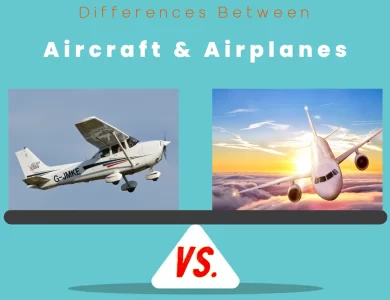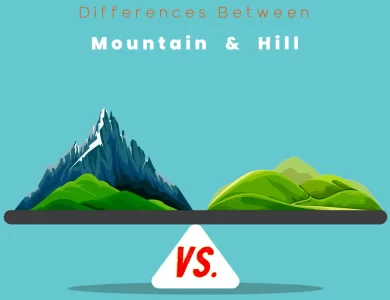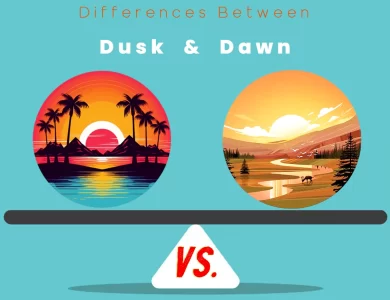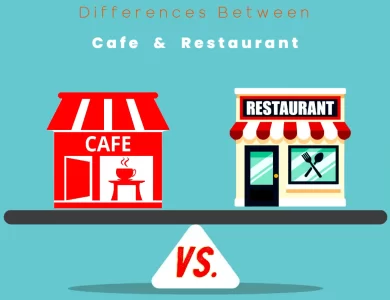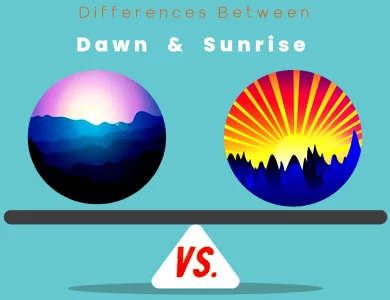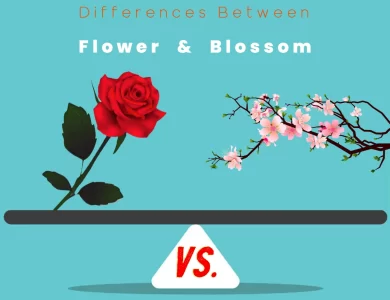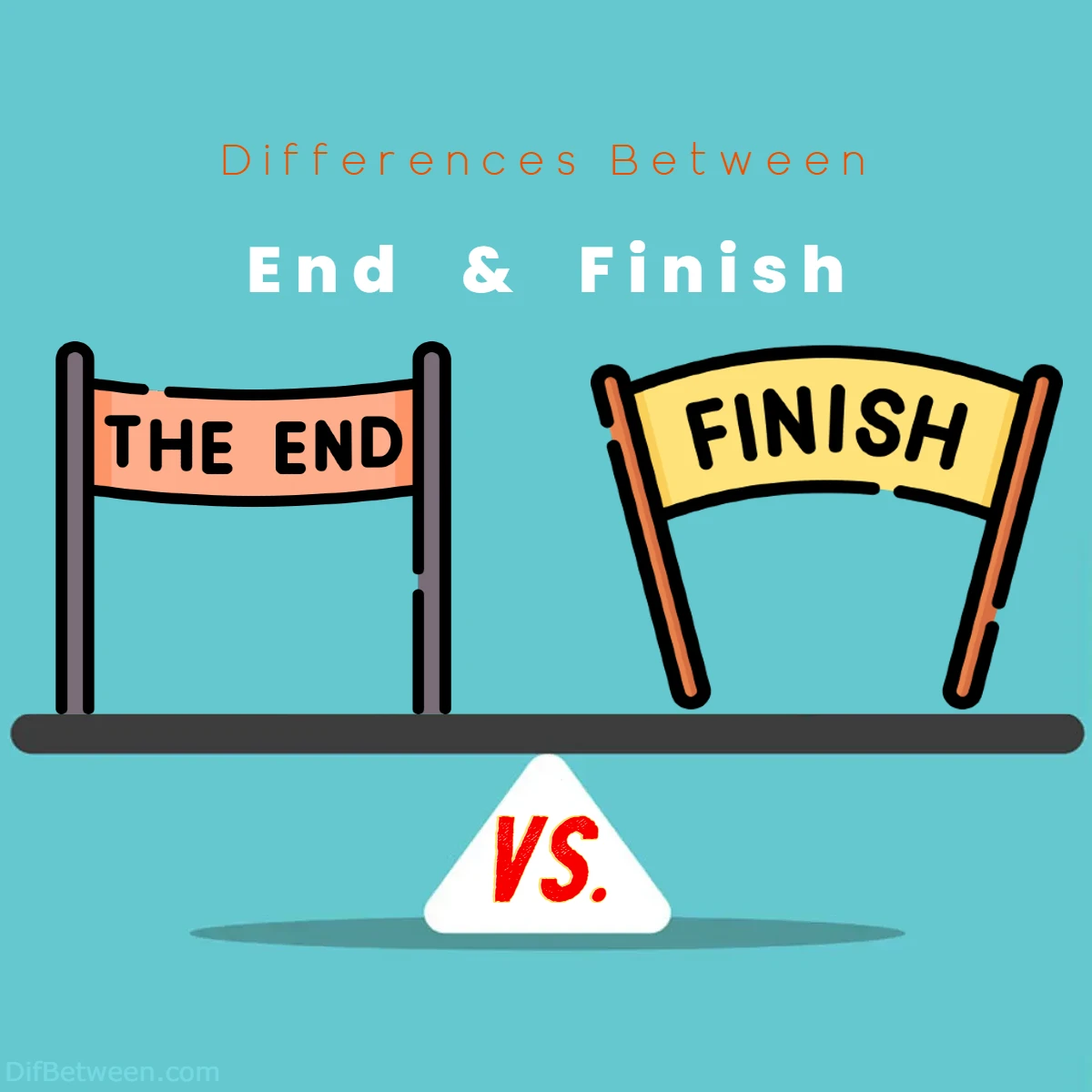
| Aspect | “End” | “Finish” |
|---|---|---|
| Part of Speech | Noun, Verb | Noun, Verb |
| Temporal Termination | Denotes the conclusion of time-based events | Typically used for task completion |
| Spatial Termination | Marks the physical termination of something | Primarily used for surface or quality |
| Abstract Endings | Expresses abstract or emotional conclusions | Implies accomplishment and success |
| Task Completion | Not primarily used for task completion | The primary usage signifies completion |
| Surface or Texture (Noun) | Not used in this context | Refers to the quality or texture |
| Quality and Completion (Verb) | Not used in this context | Implies careful attention to detail |
| Grammatical Usage (Noun) | Subject or object in a sentence | Describes the quality or completion |
| Grammatical Usage (Verb) | Often does not require a direct object | Typically takes a direct object |
| Implications | Implies inevitability, transition, causality | Implies achievement, quality, and finality |
| Emotional Connotations | Can evoke emotions of sadness, closure | Typically conveys satisfaction and positivity |
| Cultural Variations | Nuances may vary across cultures and languages | Similar variations may exist |
| Regional Variations | Language use can differ regionally | Regional variations can affect usage |
If you’ve ever found yourself navigating the intricate terrain of the English language, you might have stumbled upon two seemingly synonymous words, “end” and “finish.” These words are like the subtle spices that add distinct flavors to your linguistic recipes.
Differences Between End and Finish
The main differences between “end” and “finish” lie in their usage and connotations. “End” typically refers to the conclusion of events, be it temporal, spatial, or abstract, while “finish” predominantly signifies task completion or the quality and refinement of something. In essence, “end” often implies finality and emotional nuances, whereas “finish” leans towards accomplishment and attention to detail. Understanding these distinctions empowers you to wield these words effectively, enhancing your communication in diverse contexts.
The Basics: Defining “End” and “Finish”
Before we get into the nitty-gritty details, let’s start with the fundamental definitions of these words.
“End”
The word “end” is primarily a noun, and it refers to the final part or limit of something. It signifies the conclusion or termination of an entity or process.
When used as a verb, “end” means to bring something to a conclusion or to stop something from continuing.
“Finish”
“Finish,” on the other hand, is both a noun and a verb. As a noun, it denotes the final stage or surface of an object or material, often referring to the texture, appearance, or quality of the surface. As a verb, “finish” signifies the act of completing a task, project, or process.
Now that we’ve established the basic definitions, let’s delve deeper into the differences between these two words.
Usage and Context
One of the primary distinctions between “end” and “finish” lies in their usage and the contexts in which they are most appropriate.
Usage of “End”
- Temporal Termination: “End” is typically used to denote the conclusion of time-based events, such as a movie, a meeting, or a journey. For instance, “The movie will end at 10 PM.”
- Spatial Termination: It can also refer to the physical termination of something in space, like the end of a road or the end of a book.
- Abstract and Emotional Endings: “End” is frequently employed to express abstract or emotional conclusions, such as the end of a friendship or the end of hope.
Usage of “Finish”
- Task Completion: “Finish” is primarily used when talking about completing a task, project, or activity. For example, “I need to finish my homework.”
- Surface or Texture: When used as a noun, “finish” often refers to the surface quality or texture of an object, like the smooth finish on a wooden table.
- Quality and Completion: It can also convey a sense of completeness, excellence, or refinement. For instance, “The chef put the finishing touches on the dish.”
Grammatical Distinctions
Another key difference between “end” and “finish” lies in their grammatical roles and the structures they fit into.
Grammatical Usage of “End”
- Noun Form: “End” is primarily a noun, and it’s used as the subject or object in a sentence. For example, “The end is near.”
- Verb Form: When used as a verb, it often takes a direct object. “She wants to end the debate.”
Grammatical Usage of “Finish”
- Noun Form: As a noun, “finish” is used to describe the quality or completion of something. “The finish of this painting is exquisite.”
- Verb Form: As a verb, “finish” is a transitive verb that typically takes a direct object, representing the action of completing a specific task or action. For instance, “He needs to finish the report by Friday.”
Examples in Context
To better understand the differences, let’s take a look at some examples that illustrate how “end” and “finish” are used in various contexts:
Examples with “End”
- Temporal End: “The concert will end at midnight.”
- Here, “end” is used to mark the conclusion of a specific time-based event.
- Spatial End: “The road comes to an end at the river.”
- In this case, “end” denotes the physical termination of the road.
- Abstract End: “Their relationship had reached its end.”
- “End” is employed to convey the emotional conclusion of a relationship.
Examples with “Finish”
- Task Completion: “I need to finish my essay by tomorrow.”
- In this sentence, “finish” emphasizes the completion of a specific task.
- Surface Quality: “The finish on this car is incredibly smooth.”
- Here, “finish” describes the quality of the car’s surface.
- Quality and Completion: “The artist put the finishing touches on the masterpiece.”
- “Finish” is used to highlight the refinement and completion of the artwork.
Idiomatic Expressions and Phrases
Language is full of colorful idiomatic expressions and phrases that feature “end” and “finish.” Understanding these can provide deeper insights into the nuanced ways these words are used.
Idiomatic Expressions with “End”
- All’s Well That Ends Well: This popular saying implies that as long as the outcome is good, the difficulties or challenges faced along the way don’t matter. For example, “It was a tough journey, but all’s well that ends well.”
- End of the Line: This phrase indicates the final stage or the limit of something, often used in the context of resources or patience. For instance, “We’ve reached the end of the line with our budget.”
- To No End: This expression means without limit or endlessly. “She admired his dedication to his work, and he worked tirelessly, seemingly to no end.”
Idiomatic Expressions with “Finish”
- Finish Line: This is a widely recognized phrase that refers to the endpoint in a race or competition. Figuratively, it signifies the completion of a project or goal. For example, “We’re approaching the finish line of this project.”
- Finish Up: This expression means to complete something, often used in casual conversation. “I’ll finish up this task and join you in a moment.”
- Photo Finish: In the context of a race, a photo finish occurs when the competitors are so close that a photograph is needed to determine the winner. Figuratively, it refers to a very close or uncertain outcome. “The election was a photo finish, with the candidates neck and neck.”
Practical Tips for Usage
To effectively use “end” and “finish” in your writing and speech, here are some practical tips:
1. Consider the Context:
The key to choosing between “end” and “finish” often lies in the context of your sentence. Is the discussion related to time, space, emotions, or task completion? Understanding the context will help you make the right choice.
2. Be Mindful of Verb Forms:
Remember that “finish” can be used as a transitive verb, requiring a direct object. “End” can also be used as a verb, but it might not always require a direct object. Pay attention to the structure of your sentence to ensure correct usage.
3. Use Idiomatic Expressions Wisely:
Idioms can add flair to your language, but make sure you understand their meanings and nuances before using them. They might not always follow the same rules as the individual words.
4. Practice and Proofread:
The best way to become proficient in using “end” and “finish” correctly is through practice. Write sentences, paragraphs, or short stories incorporating these words to improve your fluency. Additionally, proofreading your work can help you spot any misuses.
The Power of Implication
One fascinating aspect of language is the implied meaning that words can carry. Both “end” and “finish” have the power to imply different things, depending on the context in which they are used.
Implications of “End”
- Inevitability: When you say, “All good things must come to an end,” the word “end” implies an unavoidable conclusion, often tinged with a sense of sadness or finality.
- Transition: “End” can suggest a transition from one state to another. For instance, “The end of summer marks the beginning of a new school year.”
- Causality: Using “end” can sometimes imply causality, indicating that certain actions or events led to a particular conclusion. “Their constant disagreements were the end of their friendship.”
Implications of “Finish”
- Achievement: “Finish” tends to imply accomplishment or success. When you say, “I finished the marathon,” it carries a sense of achievement and completion.
- Completion with Care: “Finish” often suggests that a task or action was carried out with attention to detail and quality. For example, “He finished the painting with intricate details.”
- Final Act: “Finish” can imply the final act or step in a process. “The finishing touch on the cake was a delicate rose made of icing.”
Emotional Connotations
Words have the power to evoke emotions and sentiments. Depending on whether you use “end” or “finish,” you can subtly influence the emotional tone of your communication.
Emotional Connotations of “End”
- Sadness and Loss: “End” is often associated with a sense of finality and can evoke emotions of sadness or loss. For example, “The end of an era.”
- Closure: On the flip side, “end” can also imply closure and resolution. “They finally reached the end of their long-standing dispute.”
- Anticipation: In some cases, “end” may evoke anticipation for what comes next. “The end of this chapter leaves you eager to read the next.”
Emotional Connotations of “Finish”
- Achievement and Satisfaction: “Finish” typically conveys a sense of accomplishment and satisfaction. “She felt a deep sense of fulfillment after finishing her first novel.”
- Positivity: Using “finish” can add a positive tone to your communication. “Let’s finish the day on a high note.”
- Attention to Detail: When “finish” is used to describe the quality of work, it implies careful attention to detail and excellence. “The finish on this product is impeccable.”
Cultural and Regional Variations
Languages are dynamic and can vary across cultures and regions. In some languages, the distinctions between “end” and “finish” may not exist, or they might have different nuances altogether. When communicating with people from diverse backgrounds, it’s essential to be aware of these variations.
Nuanced Translation
Translating words across languages can be a complex task, as nuances often get lost or transformed. The challenge is even more significant when dealing with words like “end” and “finish” because different languages might not make the same distinctions or might have unique idiomatic expressions related to these concepts.
Conclusion: A World of Nuances
As we wrap up our exploration of “end” and “finish,” it’s clear that these words offer a world of nuances, implications, and emotional connotations. While they might appear similar on the surface, the choice between them can significantly impact the message you convey.
So, the next time you’re writing a heartfelt letter, giving a presentation, or engaging in a conversation, think about the subtle nuances of “end” and “finish” and choose the word that best captures the essence of your message. Remember, language is not just a tool for communication; it’s a canvas for painting emotions, ideas, and stories.
FAQs
The primary difference lies in their usage. “End” often refers to the conclusion of events or situations, whether they are temporal, spatial, or abstract. On the other hand, “finish” predominantly signifies task completion or the quality and refinement of something.
While they can sometimes be used interchangeably, it’s important to consider the context. “End” is more versatile and encompasses various types of conclusions, while “finish” is commonly associated with task completion and quality.
Use “end” when referring to the conclusion of time-based events (e.g., a movie ending), the termination of something in space (e.g., the end of a road), or abstract and emotional endings (e.g., the end of a friendship).
Choose “finish” when emphasizing the completion of a task or activity (e.g., finishing homework), describing the surface quality or texture (e.g., a smooth finish on a table), or highlighting the quality and refinement of something (e.g., putting the finishing touches on a project).
Yes, there are idiomatic expressions like “all’s well that ends well” and “photo finish” that feature these words. They often have unique meanings beyond their literal definitions.
Yes, they do. “End” can evoke emotions of finality or sadness, while “finish” typically conveys a sense of accomplishment, satisfaction, or positivity.
Yes, language use can vary regionally and culturally, so it’s essential to be aware of such nuances when communicating with diverse audiences.
Consider the context, the type of conclusion you want to convey, and the emotional tone you wish to set. This will help you make the right choice between these words.
Read More:
